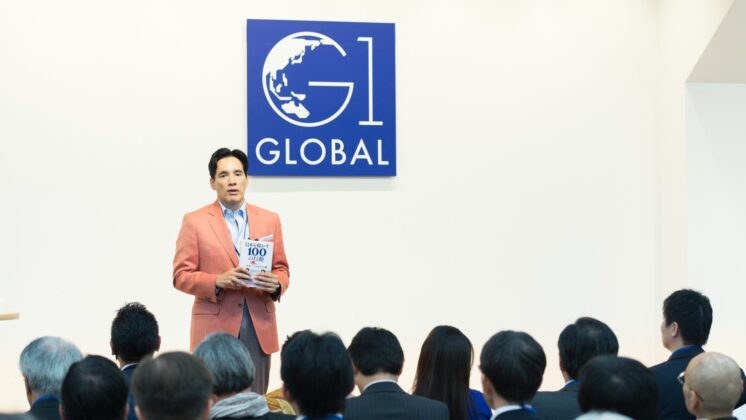According to Yukio Okamoto, a former diplomat, “We Japanese people should be proud of the path we have followed as a world-acclaimed peaceful nation under Article 9 of the Constitution. However, the reason why we have managed to get by without being attacked by other countries despite our low level of defense spending is not because of Article 9 but because of the defense system under the Japan-U.S. Security Treaty.” There is no guarantee that this deterrent system can be maintained into the future. It is necessary to develop realistic security policies that take into account the environment we are in.
1. While Maintaining Paragraph 1 of Article 9 of the Constitution, Establish an Interpretation that is in line with International Law!
Its pacifist Constitution is an asset that Japan should be proud of and it is hoped that Paragraph 1 of Article 9, which is symbolic of the Constitution as a whole, by all means be maintained. However, it is necessary to ensure consistency with international laws, such as the Charter of the United Nations (UN Charter).
According to the Kellogg-Briand Pact signed in 1928 and the UN Charter signed in 1945, “war” is generally regarded as “illegal” under international law and the “use of force” and “threat by force” not resulting in “war” are also illegal except for in exercising the right of self-defense and sanctions by international organizations. This means that the exercise of self-defense and sanctions by international organizations are, of course, legal. An interpretation of Paragraph 1 of Article 9 that is consistent with this international law must be established.
2. To a Develop Realistic National Security Policy for Self-defense, Define the Organizational and Other Aspects of the Self-Defense Forces in the Constitution!
The concept of the right of self-defense emerged as an international conventional norm after war became illegal in general terms under the Kellogg-Briand Pact. It is now defined in the UN Charter as “the inherent right of individual or collective self-defense” of each country. The question as to whether or not the right of self-defense should be stipulated in the Constitution may be controversial. No constitution in the world stipulates the right of self-defense. This is because it is natural that a state has the right of self-defense. With regard to Japan, in order to put an end to never-ending debate over the interpretation of the right of self-defense, which has been ongoing for 70 years since the end of World War II, it would be reasonable to define the right of self-defense, an undoubted right under international law, in the Constitution. In addition, the Constitution should also include the organization, duties, and civilian control of the Self-Defense Forces. The current Paragraph 2 of Article 9, which defines the non-possession of war potential, should be deleted. A constitution that has no stipulation regarding the country’s military forces poses a risk that the expansion of its military power will become unstoppable.
3. Define International Peace Activity by the Self-Defense Forces in the Constitution!
During the Gulf War in 1991, Japan and Germany did not join the coalition forces because their Constitutions prohibited military involvement with outside nations. They limited themselves to making financial contributions, a move that was criticized and despised by other countries. While Japan has been slow in taking action since then, Germany has revised its system so that the deployment of state military forces outside of the NATO region is allowed. Germany has now won the trust of other European countries as a reliable comrade and improved its position in Europe. No country working alone can maintain even its own safety any more. The Japan Self-Defense Forces should also proactively participate in efforts to contribute to international peace. To allow them to do so, the Constitution should provide a positive definition of their roles.
4. Include the Protection of Japanese People, including the Rescue of Japanese People Living Abroad, Security of Japanese Territories, and Security of Resources in the Constitution as Duties of the Self-Defense Forces!
In view of the security environment surrounding Japan, what is most important is to protect Japanese territories, such as the Senkaku Islands, from being taken over by foreign invaders. It is also important to secure resources in the exclusive economic zone (EEZ). In addition, considering the current world in which Japanese people can become victims of terrorism, the SDF needs to be allowed to rescue Japanese people living abroad in the event of an international terrorism incident. For this reason, the Constitution should include the security of Japanese territories, the security of its resources, and the rescue of Japanese people living abroad as the primary duties of the SDF.



